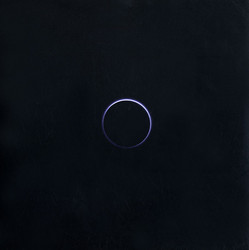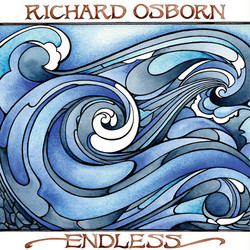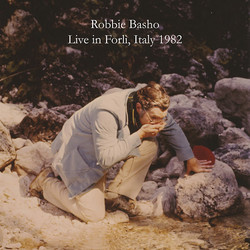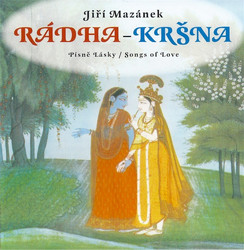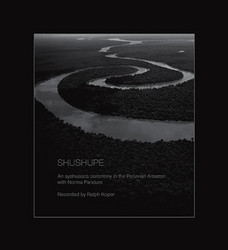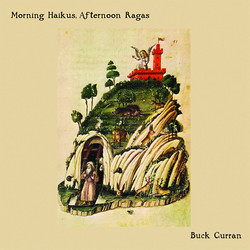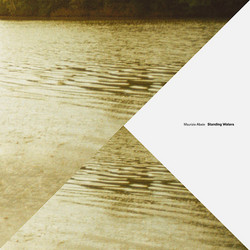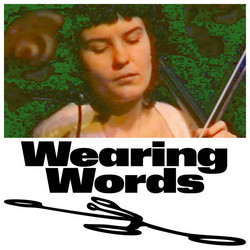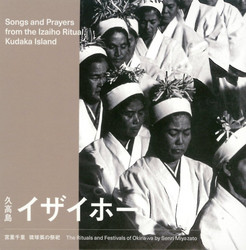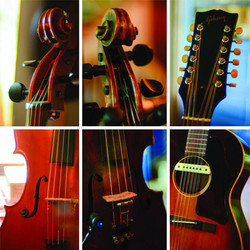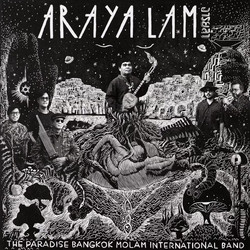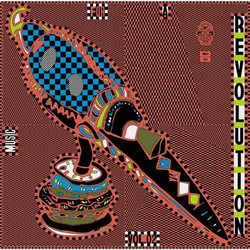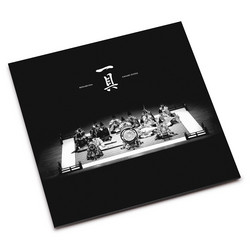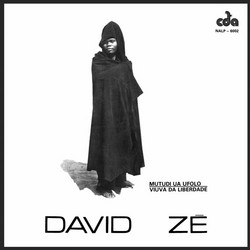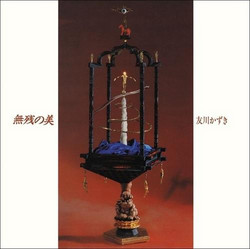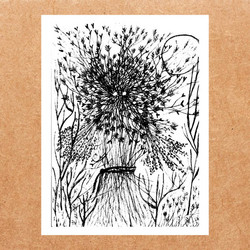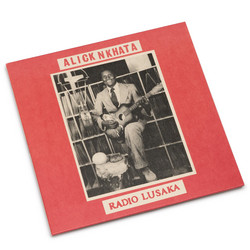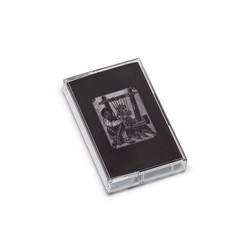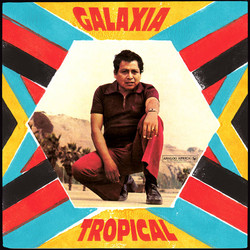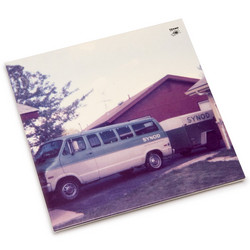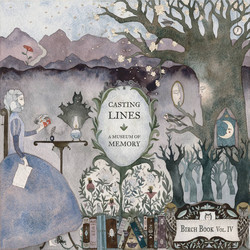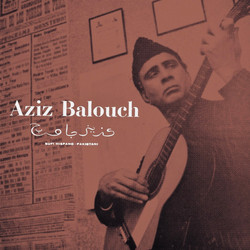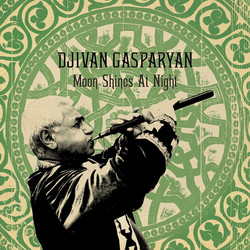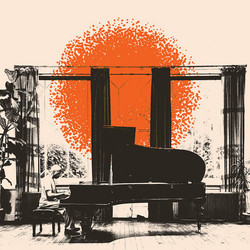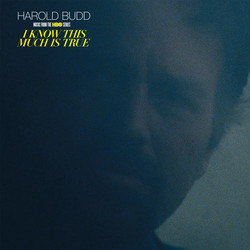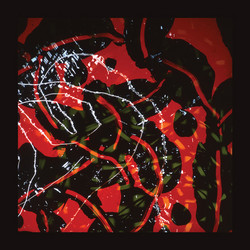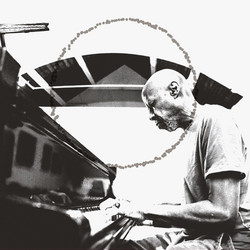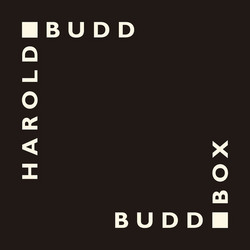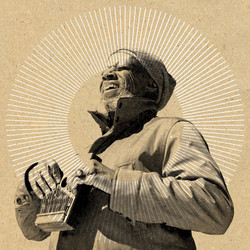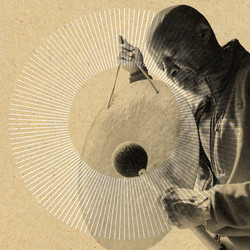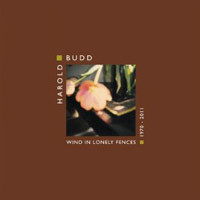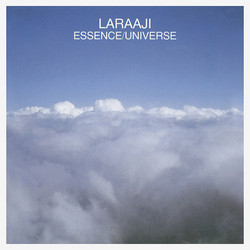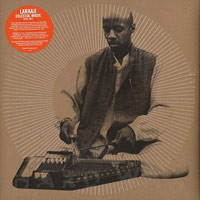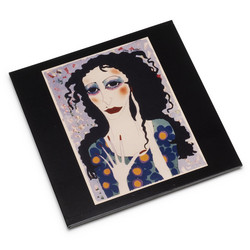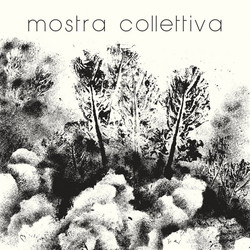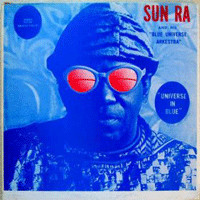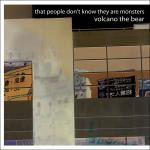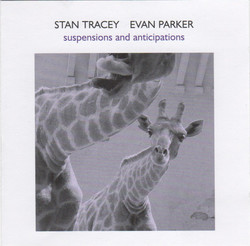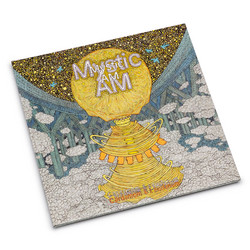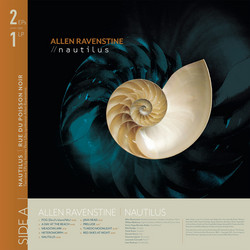Djivan Gasparyan
I Will Not Be Sad In This World (LP)
Remastered reissue. Printed inners with sleevenotes and archival photos. Armenian master duduk player Dijvan Gasparyan's debut album originally appeared in 1983 before being re-issued by Brian Eno, who called it "one of the most beautiful and soulful recordings I have ever heard." Available on vinyl for the first time in 33 years, restoring the original 1983 artwork to its former glory, this is a unique and powerful musical statement that has had a lasting cultural impact. A widely acknowledged classic by the undisputed master of the duduk, a traditional woodwind instrument from Armenia. A double-reed instrument of ancient origin and noted for its unique, mournful sound. Originally released in the Soviet Union in 1983, Eno came across the musician during a visit to Moscow in the late 1980s and subsequently introduced the record to Western audiences via a reissue on his Opal label.
“It sounds for all intents like music from another world” Los Angeles Times
Whether you've heard the name Dijvan Gasparyan or not, there's a good chance you've heard his playing. The Armenian duduk player died last year at 92, and was not only legendary in his home country, but across the world. He's collaborated most visibly with Peter Gabriel and David Sylvian, but most non Armenians have probably heard his music thanks to his soundtrack work: Gasparyan contributed to a huge amount of Hollywood scores, from Ridley Scott's "Gladiator" and Martin Scorsese's "The Last Temptation of Christ" to Alex Proyas' "The Crow". "I Will Not Be Sad in this World" is the musician's debut full-length, and arrived only a few years after he had won his fourth UNESCO worldwide competition. It was originally released on the Soviet label Melodiya, and reached the rest of the world after Brian Eno caught a performance in Moscow in 1988, releasing it on his Opal/Land Records imprint the following year. Gasparyan dedicated the re-release to the victims and survivors of a catastrophic earthquake that hit Armenia in December 1988, bringing attention not only on the music of the region but its plight.
Fittingly, given his later work in cinema, Gasparyan was initially drawn to the duduk thanks to his interest in movies. While his dad had played duduk and taught a young Gasparyan how to play, he was most inspired by the music that accompanied films he saw at a local theater. He would visit regularly and befriended older musicians who taught him circular breathing techniques - a crucial process for advanced playing - and eventually invited him into their group. After performing with the Tatoul Altounian National Song and Dance Ensemble and studying at the Yerevan Conservatoire, he joined the Yerevan Philharmonic Orchestra, eventually becoming a professor at the school. This first selection of his recorded music then was a chance to break out of his home country and reach untrained ears, and it quickly established him as the world's go-to duduk player. Listening now it's easy to hear how affecting these sounds must have been. Gasparyan's reeded melancholia still sounds breathtakingly beautiful, but it's somewhat familiar now thanks to its ubiquitous usage in Hollywood.
The Armenian maestro's pop collaborations were important, but his contributions to established Hollywood canon fodder like "Gladiator" - where the ancient sound of the duduk represents a history central and Northern Europeans can't lay claim to - have made it synonymous with a certain mystical pre-modern past. Training the ear to hear past this usage though allows us to hear the nuance of Gasparyan's performance; he's able to imbue his careful, soulful compositions and performance with the sadness of an embattled region that all too often (even now) is ignored by the rest of the world. At times it sounds like a voice crying out across history, weeping, lamenting and praising the resilience of culture to survive through the eras.

